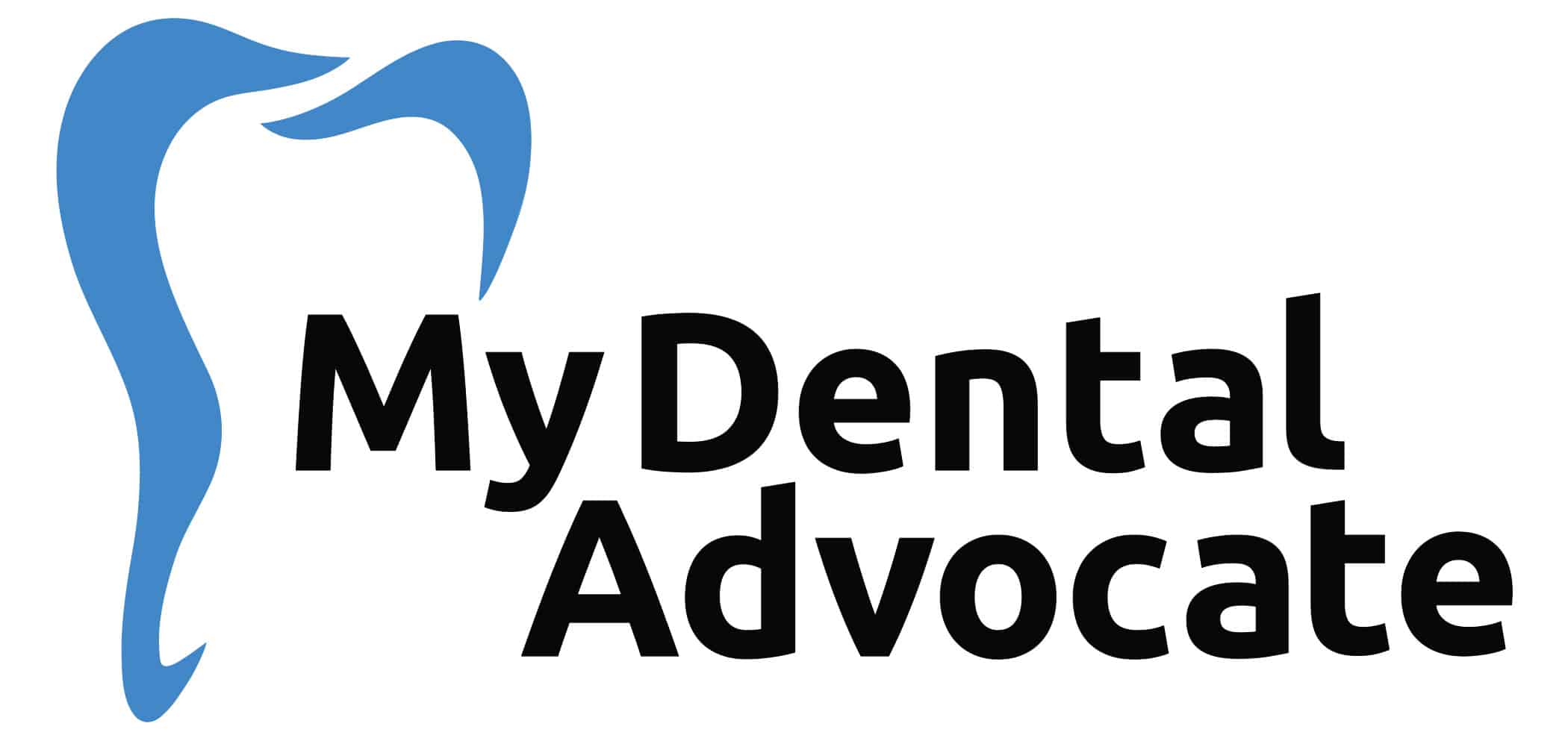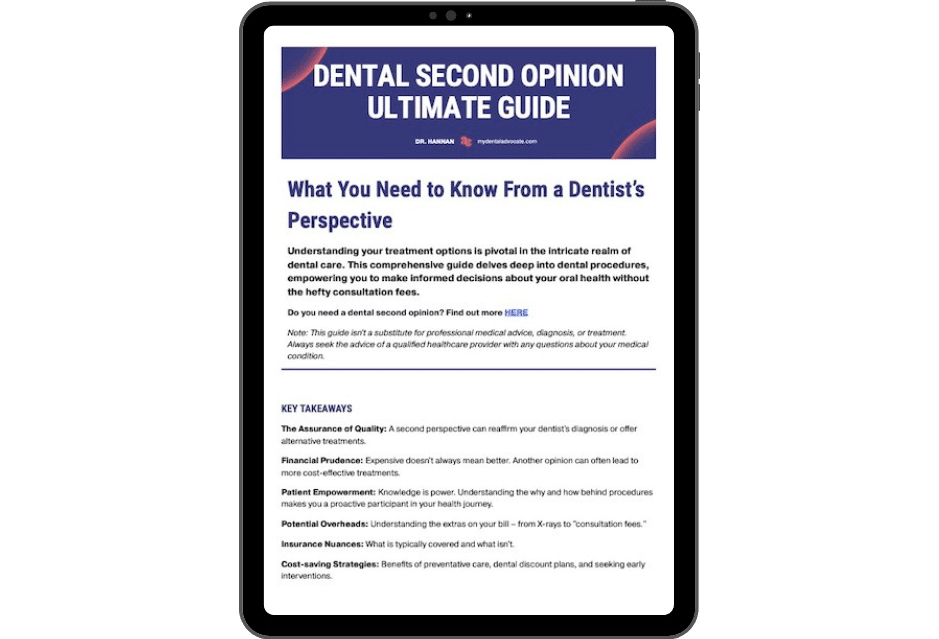Can I Refuse Dental X-rays? (Dentist’s Thoughts)
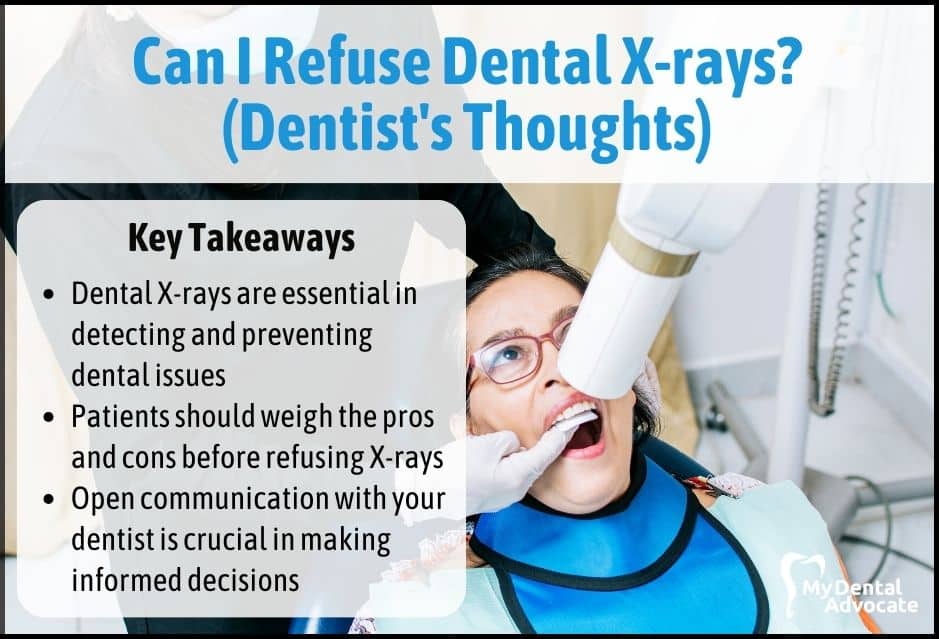
Dental X-rays are crucial for diagnosing and treating various oral conditions like tooth decay and gum disease.
Some patients may worry about the radiation but the exposure is minimal.
X-rays are vital for early detection and prevention of potential dental issues.
While patients have the autonomy to decline, it’s important to understand the importance of these diagnostic images for optimal oral health.
Need Dental Advice? Ask Dr. Hannan!
Key Takeaways
- Dental X-rays are essential in detecting and preventing dental issues
- Patients should weigh the pros and cons before refusing X-rays
- Open communication with your dentist is crucial in making informed decisions
Understanding Dental X-rays
There are several types of dental X-rays, such as bitewing, periapical, and panoramic. Each type focuses on a specific area of the mouth and serves a particular purpose.
For instance, bitewing X-rays are used to examine the crowns of your teeth and detect early signs of tooth decay, while periapical X-rays reveal the entire tooth, including the roots and surrounding bone.
Bitewing X-rays
- Focus primarily on the crowns of back teeth.
- Detect early stages of tooth decay and cavities between teeth.
- Monitor the current fillings and dental restorations.
- Are usually taken once a year or more often if there’s a higher risk of tooth decay.
Periapical X-rays
- Showcase the entire tooth, from the crown to the root, and the bone structure surrounding the tooth.
- Identify any unusual changes in the root and surrounding bone structures.
- Useful in diagnosing issues with the root of the tooth and the jawbone, such as abscesses, cysts, or other abnormalities.
- Typically taken when there’s a particular concern or symptom.
Panoramic X-rays
- Provide a comprehensive view of the entire mouth including teeth, jaws, sinuses, and temporomandibular joints.
- Helpful for planning treatments, like orthodontic treatment, implants, extractions, and dentures.
- Detect impacted teeth, bone abnormalities, cysts, tumors, and oral cancer.
- Usually taken every few years or as required based on specific dental health needs, making them less frequent than other types of X-rays.
Although dental X-rays are invaluable for maintaining oral health, you may wonder if you can refuse them. It’s your right to discuss any concerns you have with your dentist and ask for alternatives, if available, such as visual examination or intraoral cameras.
Remember that refusing dental X-rays may make it challenging for your dentist to identify or treat certain issues, potentially leading to more significant problems in the future.
Pros & Cons of Dental X-rays
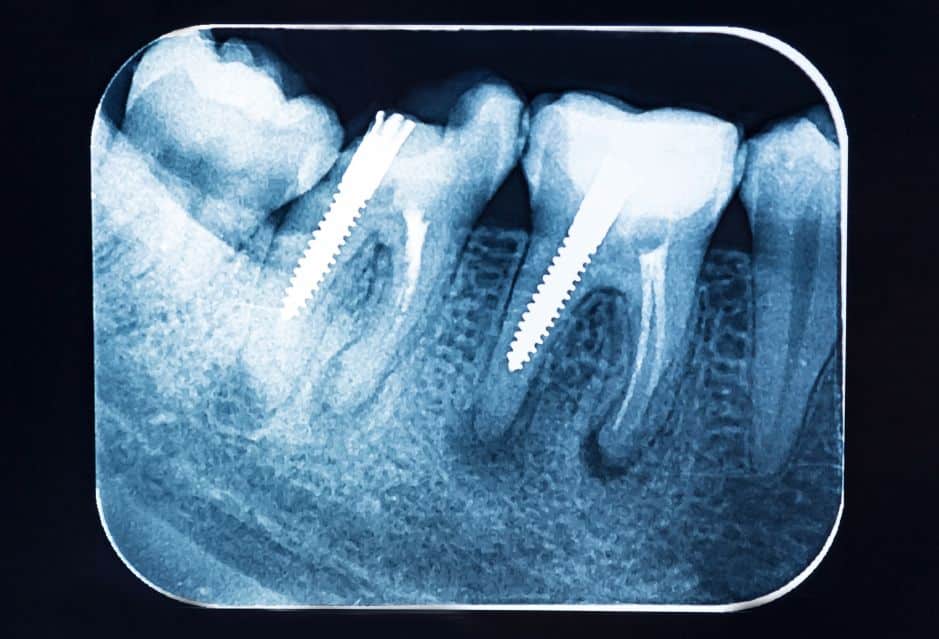
Dental X-rays are an essential tool for diagnosing and treating various dental issues.
They provide invaluable insight into your oral health, allowing dentists to see things not visible to the naked eye.
Despite their benefits, dental X-rays also come with some drawbacks.
Pros
- Early Detection: X-rays identify cavities, gum disease, and other issues early, enabling prompt treatment and avoiding more extensive, costly procedures later.
- Treatment Planning: They are critical for assessing teeth and root positions, essential for planning extractions, root canals, and orthodontic treatments.
- Monitoring Growth in Children: Dental X-rays track the development of teeth and jaws in children, helping dentists address growth issues promptly.
Cons
- Radiation Exposure: Although dental X-rays emit low radiation, cumulative exposure might pose health risks. Digital X-ray technology, however, has greatly reduced radiation levels compared to traditional methods.
- Cost Considerations: X-rays may not always be covered by dental insurance, potentially adding extra costs to your dental care.
- Risk of Diagnostic Errors: X-rays can sometimes result in false positives or negatives, meaning they might incorrectly identify or miss dental issues. Dentists need to use X-rays alongside other diagnostic factors.
It is recommended that panoramic radiographs be obtained every 18 to 36 months in patients who visit dental clinics for regular checkups.
When Are Dental X-rays Necessary
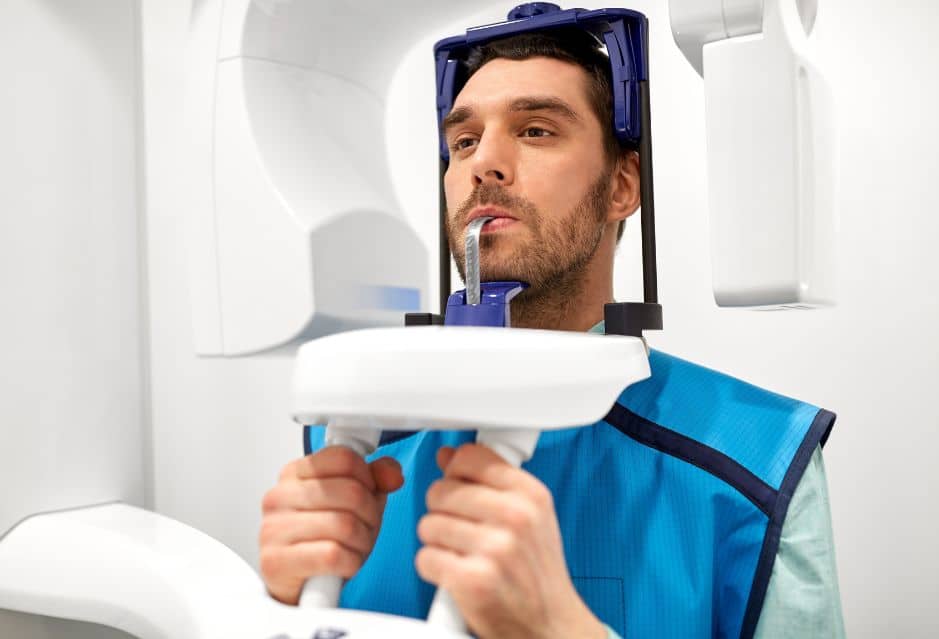
Dental X-rays are an essential part of maintaining your oral health, as they help your dentist identify various issues that may not be visible during a typical examination.
Recommendations
- Evaluating New Patients: For first-time dental visits, X-rays provide a detailed view of your teeth and jaw, crucial for establishing dental history and uncovering hidden issues.
- Monitoring Pediatric Dental Health: Regular dental X-rays are important for children, especially as permanent teeth emerge, to track tooth development and identify issues like crowding, cavities, or decay.
- Detecting Hidden Issues: X-rays can reveal dental problems not visible in a regular exam, such as cavities between teeth, gum disease, or root canal infections.
- Aiding Dental Procedures: For procedures like extractions, implants, or orthodontics, X-rays are essential for precise planning and achieving the best outcomes.
The Right to Decline Dental X-rays
As a patient, you have the right to be informed about your dental care and participate in your treatment decisions. This means you can refuse dental X-rays if you have concerns or reservations about them.
Before making a decision, discussing your concerns with your dentist is essential. They can provide detailed information on the benefits and risks associated with dental X-rays and alternative diagnostic methods, if available.
Remember that X-rays play a crucial role in the early detection of dental problems, such as tooth decay, gum disease, and oral infections.
When refusing dental X-rays, it is important to understand the potential consequences of your decision. Without X-rays, your dentist may be unable to accurately diagnose and treat certain dental conditions, which could lead to more significant problems.
Additionally, your insurance may require X-rays for coverage of specific treatments.
To minimize your radiation exposure, you can request that your dentist uses the lowest possible radiographic setting, follows the ALARA principle (As Low As Reasonably Achievable), and utilizes proper shielding during the X-ray procedure.
Digital X-ray systems also emit significantly less radiation than traditional film-based systems.
Recommended Reading: How Often Should You Get Dental X-rays (Expert Advice)Factors to Consider Before Refusing Dental X-rays
Before deciding to refuse dental X-rays, examining a few critical factors is essential. These factors include your dental history, present conditions, and potential risks. Let’s look into these factors in more detail.
Dental History
Your dental history plays a significant role in determining whether or not you should refuse dental X-rays. If you have a history of dental problems, such as tooth decay, gum disease, or previous dental work, you may need regular X-rays to monitor your oral health.
On the other hand, if you have a clean dental history with few or no issues, you may be in a position to refuse X-rays without causing harm to your oral health.
Present Conditions
Take your current dental condition into account. If you’re experiencing pain, sensitivity, or other symptoms, your dentist may recommend X-rays to diagnose and treat the issue properly. It’s essential to weigh the potential benefits of X-rays against the potential risks before deciding.
Additionally, if you’re undergoing dental treatment or have upcoming procedures, X-rays may be vital for obtaining an accurate view of your teeth and ensuring the success of the treatment.
Potential Risks
Lastly, consider the potential risks of refusing dental X-rays. Although the radiation exposure from dental X-rays is minimal, some individuals may have concerns about the cumulative effects of radiation over time.
However, refusing dental X-rays could lead to undetected dental problems, which may develop into more severe issues requiring invasive procedures if left unaddressed.
Recommended Reading: FMX Dental X-Ray Guide (Are They Safe?)Frequently Asked Questions (FAQ)
How often should dental X-rays be taken?
The frequency of dental X-rays depends on your individual dental health needs and your dentist’s recommendations. For most people, it is common to have X-rays taken during annual dental check-ups. However, if you have a history of dental issues or are at a higher risk for developing problems, your dentist may recommend more frequent X-rays.
Can I refuse dental X-rays for my child?
Yes, you have the right to refuse dental X-rays for your child. However, it is essential to consider the potential consequences of declining dental X-rays. They can help dentists detect early signs of tooth decay, gum disease, and other oral health issues, allowing for timely intervention. If you have concerns or questions about the risks associated with dental X-rays, discuss them with your child’s dentist before making a decision.
Are dental X-rays required by law?
Dental X-ray requirements vary depending on your location. Some regions may require dental X-rays for specific reasons, such as insurance coverage, while other areas may not have specific mandates. It is essential to research the local requirements in your area and consult your dentist to understand whether dental X-rays are required for you or your family members.
My Experience & Expertise
As a dentist, I cannot stress enough the significance of dental X-rays in thoroughly evaluating and accurately diagnosing various dental conditions.
They are instrumental in unveiling dental issues during their nascent stages, potentially sparing you from discomfort and expensive dental procedures.
It’s important to understand that the radiation exposure from dental X-rays is extremely low. Adhering to the ALARA principle (As Low As Reasonably Achievable), dentists ensure that radiation exposure is kept to the bare minimum.
If you have any concerns or past experiences that might affect your decision, it’s imperative to communicate with your dentist to have a well-informed discussion.
Need a second opinion? We can help! Learn more. Knowledge is power when cultivating healthy dental habits. The more informed you are, the better positioned you’ll be to prevent avoidable and potentially costly dental procedures for you and your family. Watch for future blog posts, where we’ll continue sharing important information, product reviews and practical advice!

About the Author
Dr. Matthew Hannan, also known as “Dr. Advocate,” is a board-certified dentist on a mission to provide accurate dental patient education. He attended Baylor University before completing dental school at UT Health San Antonio School of Dentistry. He now lives in Arizona with his beautiful wife and 4 kids. Dr. Hannan believes everyone should access easy-to-read dental resources with relevant, up-to-date dental research and insight to improve their oral health.

Connect with Dr. Hannan!
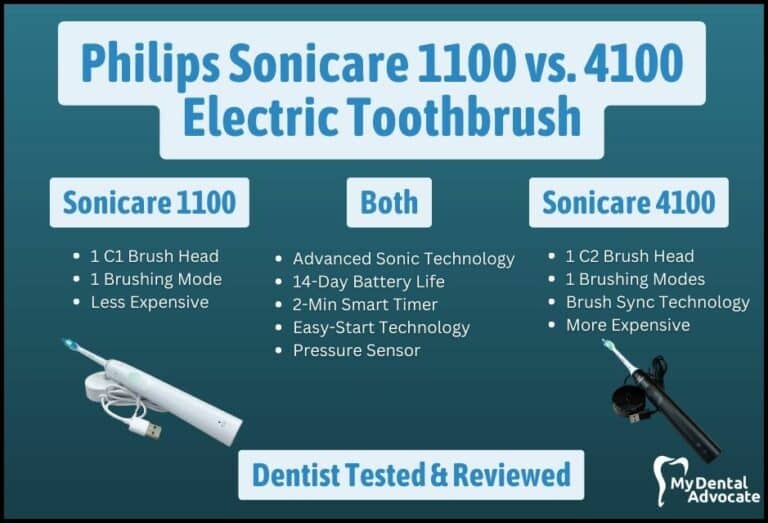
Philips Sonicare 1100 vs. 4100 Electric Toothbrush Review 2024
Brushing your teeth has never been more advanced! Dive into our detailed comparison of Philips Sonicare 1100 vs. 4100 electric toothbrushes. Uncover the nuances and discover which brush offers you the ultimate oral care experience. Let the battle of the bristles begin!
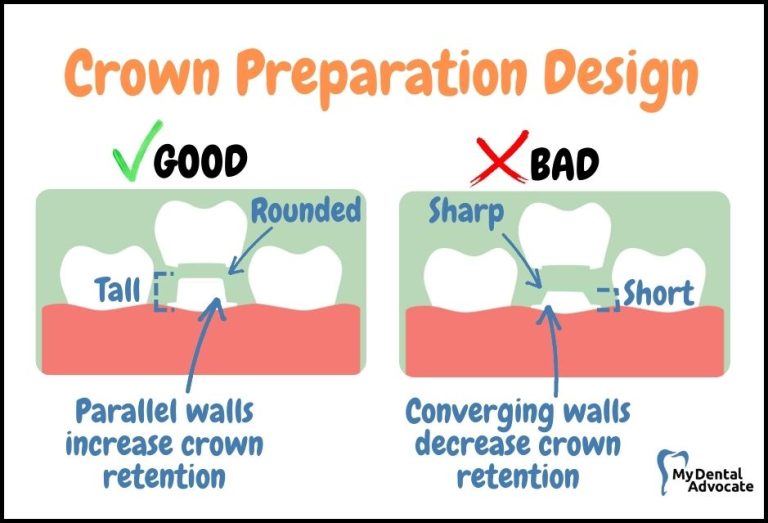
How Do CEREC Crowns Stay On? (Top 8 Reasons Crowns Fall Off)
If you are a patient who has had a CEREC crown placed, you may be wondering how it stays in place. What type of cement or bonding agent is used? If the crown ever comes off, is there a particular way to re-cement it?
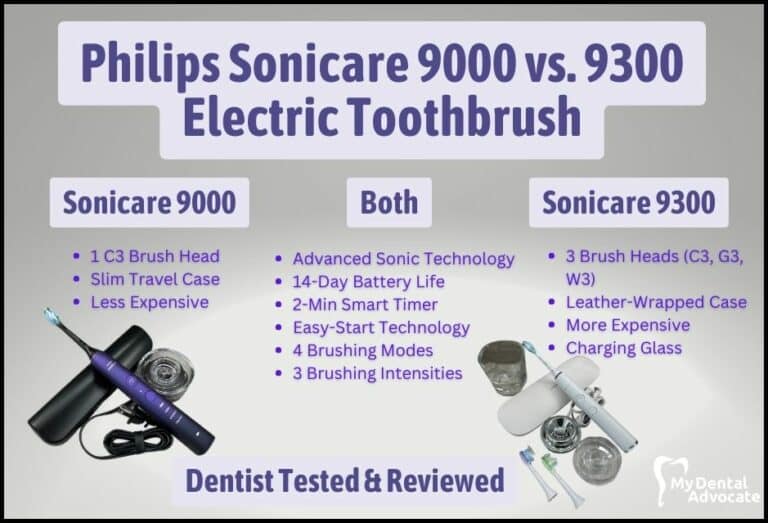
Philips Sonicare 9000 vs. 9300 Electric Toothbrush Review 2024
As a dentist with years of experience advocating for optimal oral health, I understand that the tools you use at home can make a significant impact on your dental well-being. Electric toothbrushes have become increasingly popular due to their efficacy and ease of use. But how do you choose the right one? Two standout models in my practice that have garnered attention are the Philips Sonicare 9000 and 9300 Electric Toothbrush.
Gain Clarity with Our FREE Second Opinion Guide
Receive clear, expert second opinions online within 48 hours. Start today!
Product Reviews
Our 250+ dental product reviews (and counting), curated by an experienced dentist, are the most comprehensive online.
Toothbrush Genie
State-of-the-art chatbot designed to help you discover your perfect toothbrush in just a few simple steps!
Cavity Risk Assessment
Cutting-edge digital tool designed to evaluate your individual cavity risk based on your responses to a series of questions.
Gum Disease Assessment
Discover your gum disease risk with our quick and engaging 6-question assessment!
